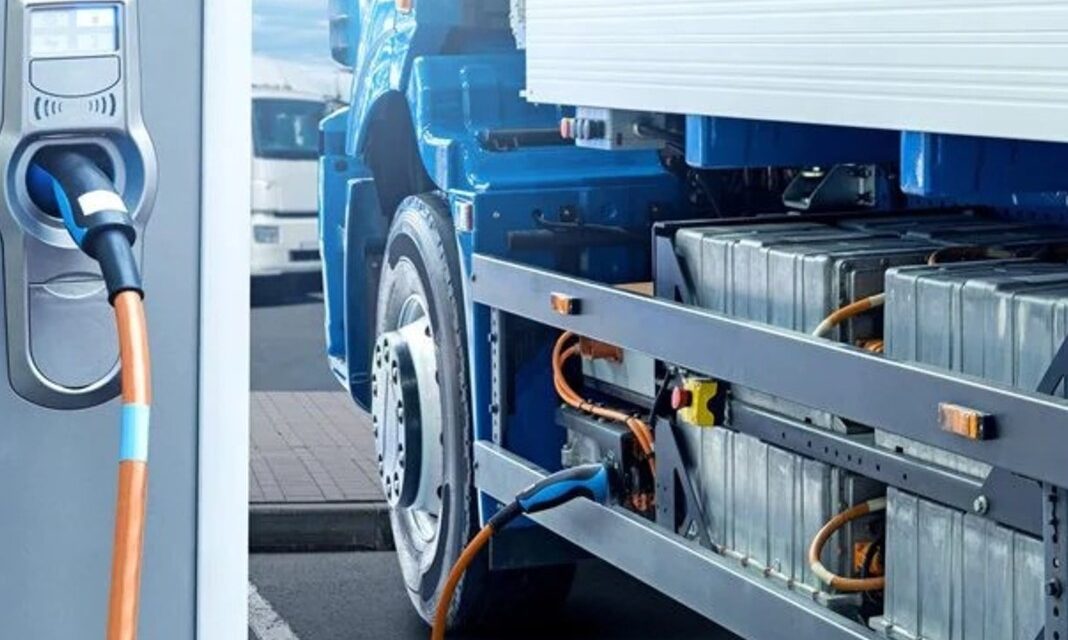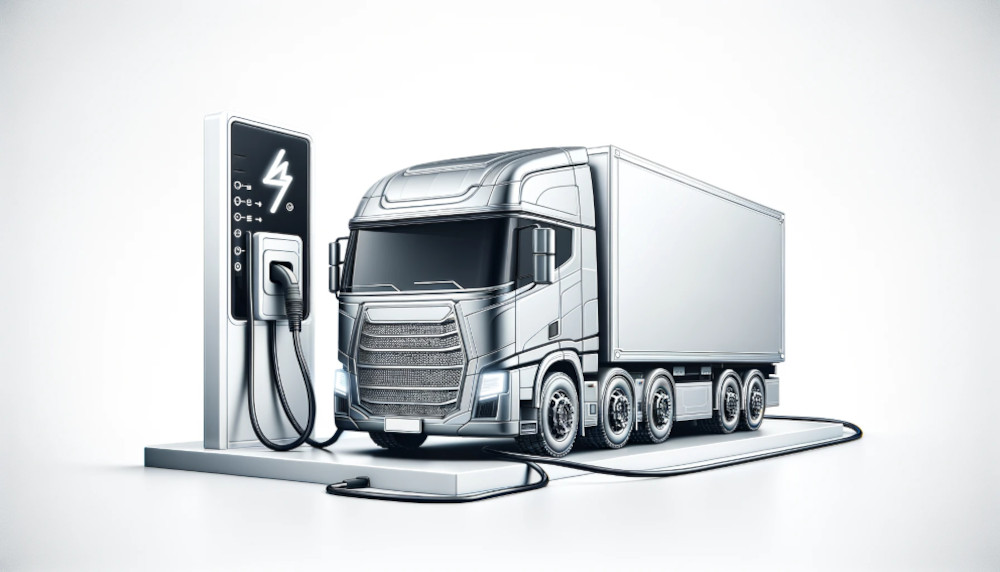House of Dispatch news
Blog
Electric vs. Gas Trucks: Which One is Right for You?

As the automotive industry evolves, the choice between electric and gas-powered trucks becomes increasingly significant for consumers and businesses alike. This article provides an in-depth comparison of electric and gas trucks, focusing on performance, infrastructure, costs, environmental impact, and market trends to assist you in making an informed decision.
Performance and Power
Acceleration and Torque
Electric trucks are renowned for their instantaneous torque delivery, resulting in rapid acceleration and smooth handling. This characteristic is particularly advantageous in urban settings where stop-and-go traffic demands quick responsiveness. In contrast, gas trucks, equipped with internal combustion engines, may exhibit a slight delay in torque delivery but are traditionally favored for their sustained power during prolonged drives.
Towing and Hauling Capabilities
When it comes to towing and hauling, both electric and gas trucks offer substantial capabilities. However, it’s noteworthy that electric trucks may experience a more pronounced reduction in range when hauling heavy loads compared to their gas counterparts. According to a study by Kelley Blue Book, electric trucks can lose more range due to added weight than gas-powered trucks.
Fueling and Charging Infrastructure
Availability and Convenience
Gasoline stations are ubiquitous, providing gas trucks with unparalleled convenience for refueling, especially in remote or rural areas. Electric trucks, while benefiting from a rapidly expanding charging network, may still encounter challenges in regions with limited charging infrastructure. Planning longer trips in an electric truck necessitates careful consideration of charging station locations and charging times.
Refueling and Charging Times
Refueling a gas truck is a swift process, typically completed within minutes. In contrast, charging times for electric trucks can vary significantly based on the charger’s power output and the vehicle’s battery capacity. While high-speed chargers can replenish a substantial portion of the battery within 30 minutes to an hour, standard home charging units may require several hours to achieve a full charge.
Cost Considerations
Purchase Price and Incentives
Electric trucks often come with a higher upfront purchase price compared to gas trucks. However, various federal and state incentives, such as tax credits, can mitigate this initial cost disparity. For instance, starting January 1, 2025, the federal EV tax credits have undergone significant changes, with certain models like Tesla’s dual-motor Cybertruck qualifying for up to a $7,500 tax credit.

Operating and Maintenance Costs
Operating costs for electric trucks are generally lower due to reduced fuel expenses and maintenance requirements. Electric vehicles (EVs) are four times more efficient than internal combustion engines, leading to significant savings on fuel. Additionally, EVs have fewer and less complex equipment needs, resulting in less time and money spent on maintenance.
Gas trucks, while potentially less expensive to purchase initially, incur higher fuel costs and maintenance expenses over time.
Environmental Impact
Electric trucks produce zero tailpipe emissions, contributing to improved air quality and reduced greenhouse gas emissions. This environmental benefit aligns with global sustainability goals and can enhance corporate social responsibility profiles for businesses. Gas trucks, conversely, emit CO2 and other pollutants, contributing to environmental concerns.
Practicality for Fleet Owners and Drivers
Range and Daily Usage
The daily operational range is a critical factor for fleet owners and individual drivers. Electric trucks are well-suited for predictable, short to medium daily routes, especially with the availability of overnight charging. Gas trucks offer greater flexibility for longer, unpredictable routes without the necessity for extended refueling planning.
Payload and Cargo Space
Both electric and gas trucks provide competitive payload and cargo capacities. However, the placement of batteries in electric trucks can influence cargo space and vehicle weight distribution, potentially affecting payload limits.
Adoption Trends and Market Outlook
The automotive market is witnessing a significant shift towards electric vehicles, driven by technological advancements, environmental policies, and changing consumer preferences. Major manufacturers are investing heavily in electric truck development, indicating a robust future market presence. Nonetheless, gas trucks continue to dominate in regions where infrastructure challenges and consumer habits favor traditional vehicles.
Conclusion
Choosing between an electric and a gas truck involves a comprehensive evaluation of various factors, including performance requirements, infrastructure availability, cost implications, environmental considerations, and specific use cases. Electric trucks offer compelling advantages in efficiency and sustainability, while gas trucks provide established reliability and convenience. Assessing your unique needs and priorities will guide you to the most suitable choice in this evolving automotive landscape.
